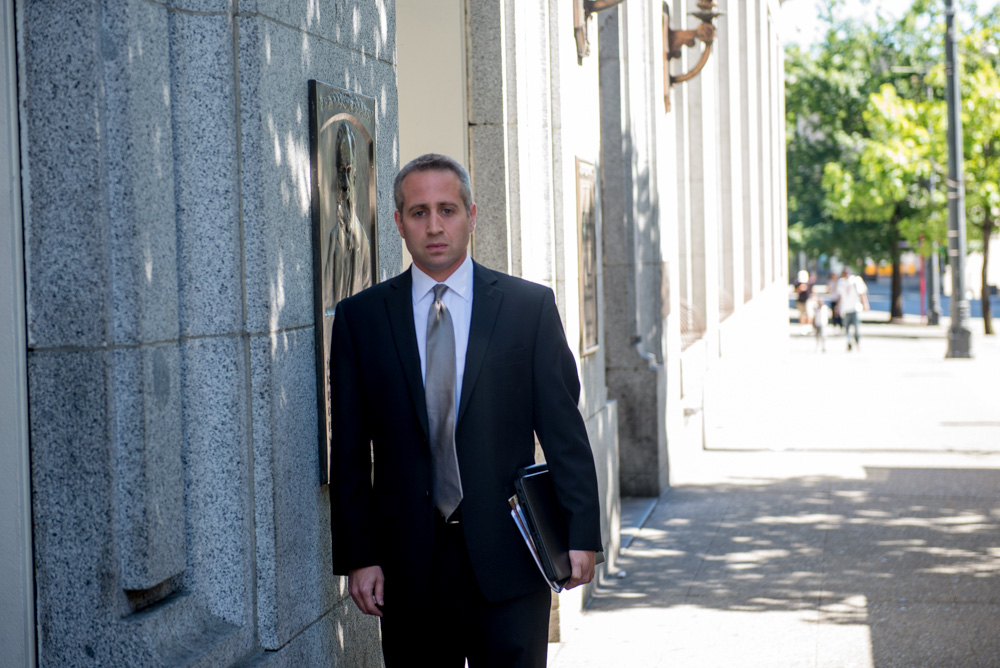Picture these with an “I Voted” sticker attachedImagine if you will a world in which the estimated 18,500 men and women currently serving felony time in the state of Washington were suddenly given the right to vote. What would happen if inmates at, say, the Monroe Correctional Complex in Everett (the state’s largest correctional facility) decided to put away their rivalries and vote as a block? Would state legislators or the like appeal to them via direct mailing, or better yet, a town hall? What would they do if political necessity required them to pay something more than just lip service to those most directly affected by our warts and all criminal justice system?Come next November, we could find out. In a 2-1 decision handed down today, the 9th U.S. Circuit Court of Appeals lifted the state restriction that prevents felons from voting. Under Washington law, felons lose the right to vote upon conviction, and don’t regain it until after they’ve been released from community supervision. Two members of a three-judge panel agreed with the plaintiffs, ruling that that law unfairly penalizes minorities who in Washington make up a larger percentage of the prison population. The move overturns a ruling by a Spokane District Court judge, who back in 2000 found that the law did not, as the plaintiffs alleged, violate the federal Voting Rights Act. Passed in 1965, the Act prohibits states from passing legislation that uses race as a basis for denying citizens their voting rights. According to today’s summary opinion, the district court ruled that state law is essentially colorblind, affecting all felons equally regardless of their race. Judge A. Wallace Tashima disagreed, writing that attorneys for the six Washington plaintiffs–current and former inmates all–that brought the lawsuit “demonstrated that police practices, searches, arrests, detention practices, and plea bargaining practices lead to a greater burden on minorities that cannot be explained in race-neutral ways.” Apparently surprised at the judges conclusion, Washington’s Secretary of State Sam Reed told the PI today that he still believes that the state prohibition is “appropriate.” He’ll eventually have a chance to make his case, though the timing on that is unclear. A spokesperson for state Attorney General Rob McKenna says that the AG’s office is currently weighing its options on how to proceed with an appeal. McKenna’s office can have the case reviewed by an 11-judge panel of Ninth Circuit judges, or appeal it to the U.S. Supreme Court. And given that the ruling won’t take affect until after the appeals process is completed, and that the Supreme Court can sometimes move with the quickness of a garden slug, it’s unlikely that felons will determine the fate of, say, Sheriff (now Congressman) Dave Reichert this November.
More Stories From This Author
Adam Smith and Kim Schrier will retain Congress seats | Election 2024
Smith represents the 9th Congressional District and Schrier represents the 8th Congressional District.
November 5, 2024 9:40 pm
Boeing Machinists approve contract, ending 52-day strike
After voting no twice, 59% of union members approved the latest contract.
By
Michael Henneke • November 5, 2024 8:40 am
Charges filed against teens in King County crime spree
Suspects linked to 78 robberies, shootings and carjackings in Sept. and Oct.
By
Benjamin Leung • October 21, 2024 6:00 pm







